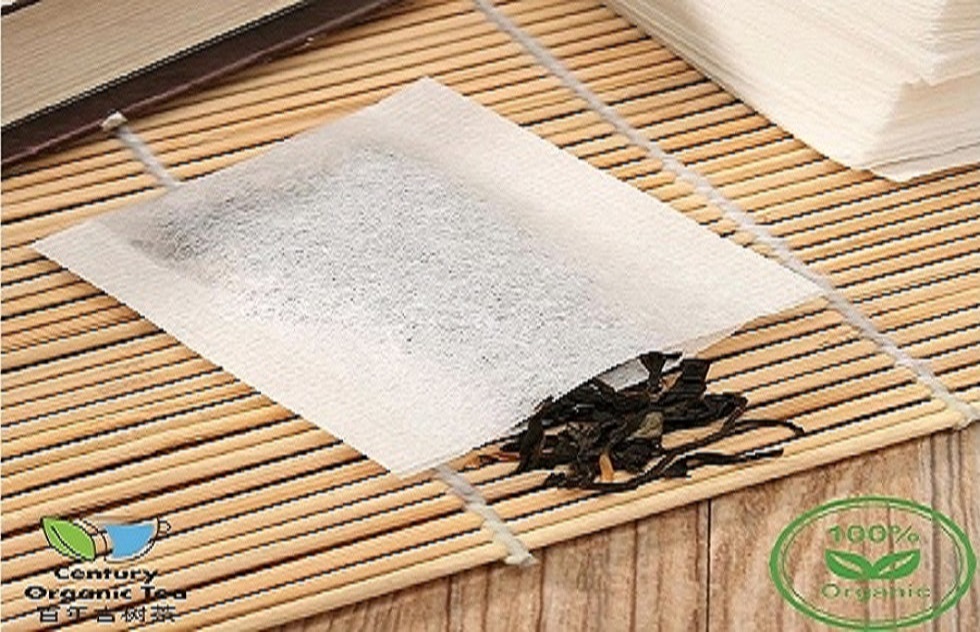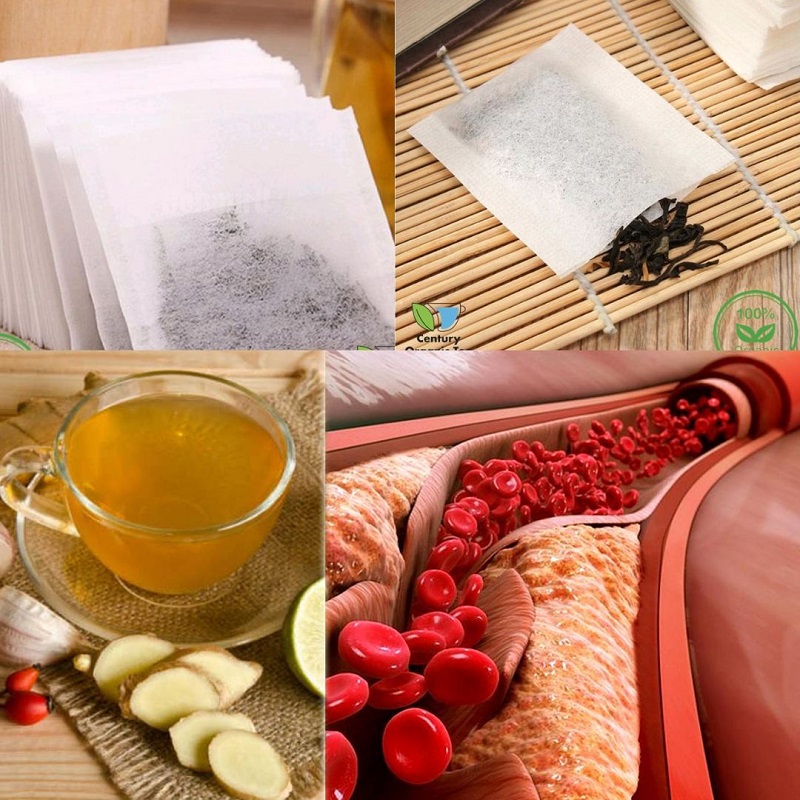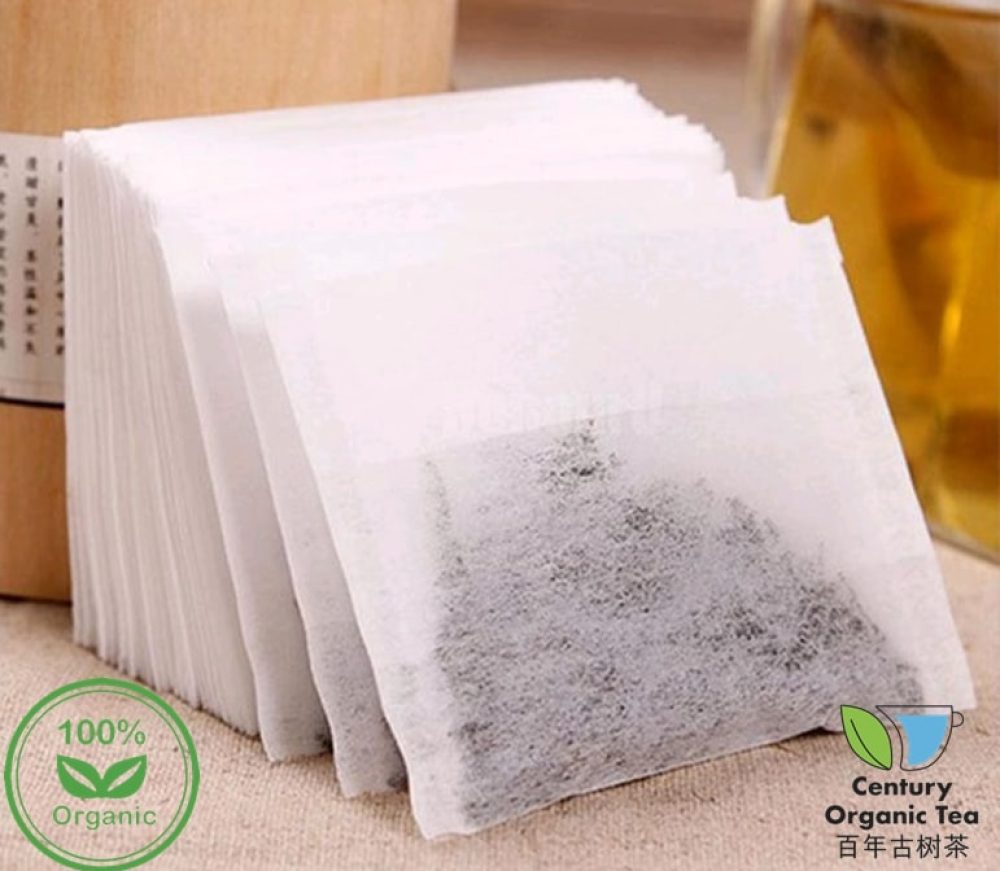Introduction
Tea has been cherished for centuries for its diverse health benefits and soothing properties. From ancient traditions to modern wellness practices, tea has earned a special place in the lives of many. Two essential aspects of well-being that are commonly addressed with tea consumption are blood circulation and cholesterol levels. In this blog post, we’ll delve into the world of organic tea and explore how it can support better blood circulation and help lower bad cholesterol.
Organic Tea for Improved Blood Circulation
Green Tea: Green tea is a renowned organic tea for blood circulation and also known for its high concentration of catechins, a type of antioxidant. These compounds have been associated with several health benefits, including improved blood circulation. By promoting the relaxation of blood vessels and reducing inflammation, green tea can help enhance blood flow throughout the body.

Hibiscus Tea: Hibiscus tea, known for its vibrant red hue and tart flavor, has been shown to have a positive impact on blood pressure and overall cardiovascular health. Its ability to relax blood vessels and reduce hypertension can lead to improved blood circulation.
Ginger Tea: Ginger, a potent natural ingredient, can help dilate blood vessels, which subsequently allows blood to flow more freely. Regular consumption of ginger tea can contribute to better circulation and reduced risk of clot formation.
Turmeric Tea: Turmeric, with its active compound curcumin, is celebrated for its anti-inflammatory properties. Reducing inflammation can help maintain the health of blood vessels and enhance blood circulation.
Organic Tea for Lowering Bad Cholesterol
Black Tea: Black tea is packed with theaflavins and thearubigins, two types of antioxidants that have been linked to reducing LDL (low-density lipoprotein) cholesterol levels. Regular consumption of black tea can help in the quest to lower bad cholesterol.

Rooibos Tea: Rooibos tea, a caffeine-free herbal tea, is not only rich in antioxidants but also contains compounds like aspalathin that may aid in lowering cholesterol levels. This South African tea is an excellent choice for those looking to manage their cholesterol naturally.
Oolong Tea: Oolong tea, which falls between green and black tea in terms of oxidation, has been associated with improved cholesterol profiles. Regular oolong tea consumption can help lower LDL cholesterol while maintaining healthy HDL (high-density lipoprotein) cholesterol levels. Pu-erh Tea: Pu-erh tea, a fermented tea from China, has garnered attention for its potential to reduce LDL cholesterol and enhance overall cardiovascular health. Its unique fermentation process contributes to its cholesterol-lowering effects.
